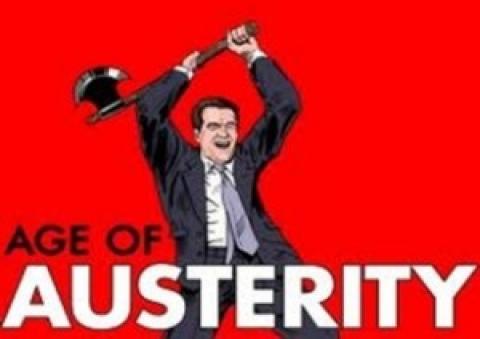A recent article by business columnist Eduardo Porter in the “New York Times” was titled “Americanized Labor Policy Is Spreading in Europe.”
This is what the “Americanization of labor policy” means:
“In 2008, 1.9 million Portuguese workers in the private sector were covered by collective bargaining agreements. Last year, the number was down to 300,000.
“Spain has eased restrictions on collective layoffs and unfair dismissal, and softened limits on extending temporary work, allowing workers to be kept on fixed-term contracts for up to four years. Ireland and Portugal have frozen the minimum wage, while Greece has cut it by nearly a fourth. This is what is known in Europe as “internal devaluation.”
“Tethered to the euro and thus unable to devalue their currency to help make their goods less expensive in export markets, many European countries — especially those along the Continent’s southern rim that have been hammered by the financial crisis — have been furiously dismantling workplace protections in a bid to reduce the cost of labor.”
Cutting back on workplace protections is sure to increase income inequality while shrinking the middle class.
Porter writes that “These policy moves are radically changing the nature of Europe’s society.”
“The speed of change has certainly been very fast,” said Raymond Torres, the chief economist of the International Labor Organization in Geneva. “As far as I can tell, these are the most significant changes since World War II.”
“While most of the debate over Europe’s response to the financial crisis has focused on the budget austerity enveloping the Continent, the comparatively unheralded erosion of worker protection is likely to have at least as big and lasting an impact on Europe’s social contract.
“It has a disastrous effect on social cohesion and a tremendous effect on inequality,” argued Jean-Paul Fitoussi, an economics professor at the Institut d’Études Politiques de Paris. “Well-being has fallen all across Europe. One symptom is the rise of extremist political parties.”
“Europe’s strategy offers a test of the role played by labor market institutions — from unions to the minimum wage — in moderating the soaring income inequality that has become one of the hallmarks of our era.
“Inequality across much of Europe has widened, but it is still quite modest when compared with the vast income gap in the United States.
“The question is whether relative equity can hold as workplace institutions that for decades protected European employees’ standard of living give way to a more lightly regulated, American-style approach, where the government hardly interferes in the job market and organized labor has little say.”
This is a model that will ill-serve Europe and which should shame our political and economic leaders. Translated, it means that the rich get richer, the middle class shrinks, and the poor feel hopeless.
The 1% say that charter schools and Teach for America will close the gap that their policies created. They know it isn’t true, but it changes the subject enough to allow them to keep enlarging their share of the pie.


Spread the word